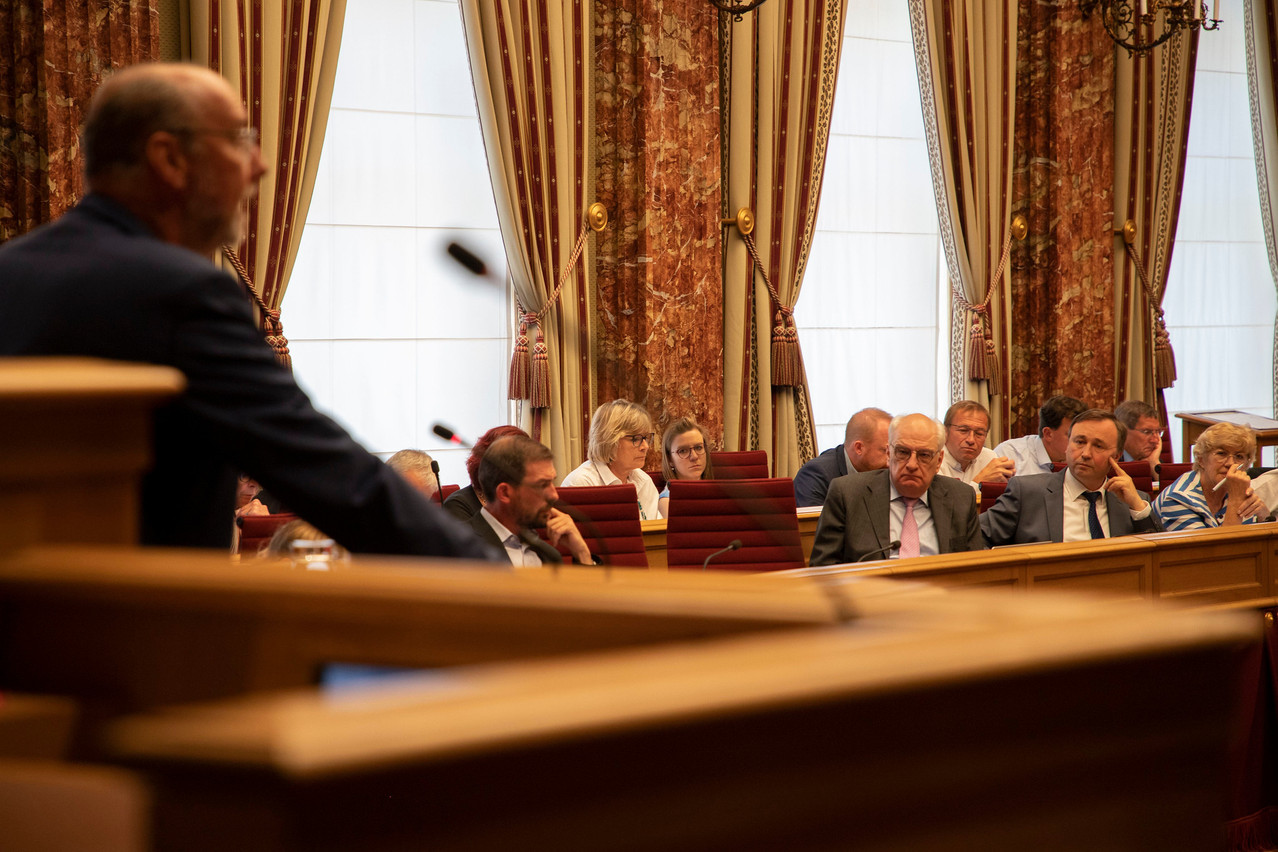Representatives of the government, the UEL business union and the country’s three main labour unions--the OGBL, LCGB and CGFP--at the end of March agreed an to support households and businesses through the energy crisis.
More than two months later, parliament on Wednesday approved first steps to implement the package, with 54 votes in support (DP, LSAP, déi Gréng and CSV) and eight against (ADR, déi Lénk and the Pirate Party). The measures covered by the law will cost a total of €530m.
A tax credit will be introduced for self-employed workers as well as employees and people receiving their pension. This should help boost purchasing power by reducing the tax burden and will apply from July. Opposition parties criticised that the legislation will see the tax credit paid out per earner. This means that in a family of four, the tax credit applies twice when both parents work but only once when only one parent works. This was also seen as being a disadvantage for single parents.
Most crucially, the draft law after 1 April 2022 to next year. Wages in Luxembourg are automatically adjusted for inflation and with prices at record highs, especially for gas and petrol, an index payment should be due in July. Under the agreement, this will be postponed until April next year since wages were already adjusted this year.
The so-called tripartite of the government, employer and employee groups will have to reconvene in case any additional index payments become due because of inflation.
The law also introduces a rent freeze until the end of the year. Rent subsidies, however, were after criticism from the Council of State over too many aspects being covered in the draft law resulting in a lack of clarity on what applies in which context. Support measures for companies are also covered in other legislation that is still making its way through parliament.
Under the law voted this week, the state can also spend an extra €10m on student financial aid and people on the Revis social inclusion wage or an income for persons with a disability (RPGH) will also benefit from subsidies as they cannot claim a tax break on their earnings.
